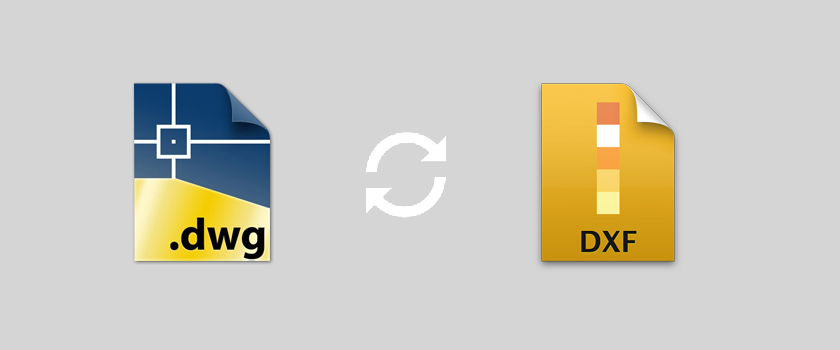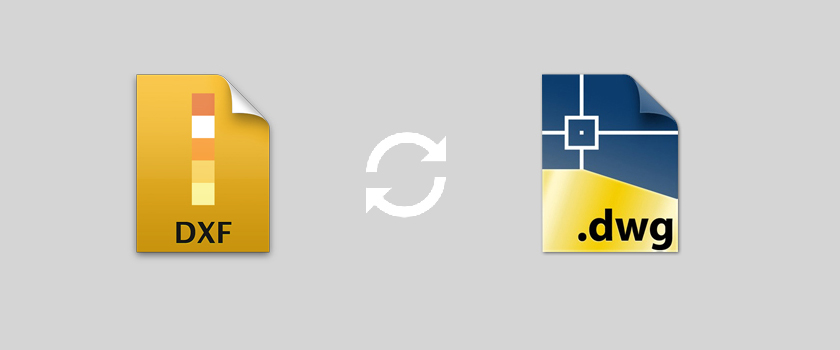Spanish is the second language in the world with the greatest number of speakers. According to the 2023 estimate, it has more than 485 million native speakers. Spanish gives tough competition to the English language, and it is the language that will open corridors for you. Hence, Spanish is definitely your best take on language. Spanish is the official language of almost 18 countries and the Romance language with the most number of speakers. This clearly shows the importance of this language. This short read particularly discusses the timeline it takes for an average person to become fluent in Spanish. And also the importance of Spanish.
As mentioned earlier, Spanish ranks second among the world’s most spoken languages. Since it is the official language of approximately 18 countries and a non-official language of more than 20 countries, it is extremely vital in this age to learn and be fluent in this language. Learning a language and becoming fluent in it are two different terms, however. Fluency in Spanish includes various factors among which the top one is achieving the highest level of proficiency. This proficiency includes a natural understanding of the language with a high degree of cultural awareness. Spanish translation services will provide you with cultural insights so that you can navigate the ethnic intricacies.
Conversational and native-like fluency play a vital role in developing fluency in the Spanish language. Conversational fluency means that you can understand a major part of a simple conversation. You might not be able to comprehend the exact meaning of some words but overall you can easily understand what the conversation is actually about. Native-like fluency means that there is almost no difference between you and, let’s say, a Spanish native speaker. This kind of fluency takes years and countless hours of practice. It also means that you can understand every single word, idiom, joke, cultural expression, and everything. Even your pronunciation needs to be just like a native speaker. This kind of fluency is very difficult as here your competitors are native speakers, people who have years of experience in speaking their mother tongue.
The fluency of the Spanish language depends on the time you are giving yourself to learn Spanish. Portuguese, Italian, French, Romanian, Catalan, Tagalog, Dutch, and German are a few languages that are very much similar to Spanish. It means that if you are fluent in any one of the languages above, it is very much easy for you to become fluent in Spanish. If you are devoting three hours of your day to learning Spanish, you will become proficient in Spanish in approximately six months. On the other hand, if you just give one hour to Spanish, it will take more than 1.5 years to become fluent in Spanish. Other than this timeframe, it also depends on various other factors among which the intelligence of the individual is the most important one. In order to develop a Spanish-like pronunciation, it is important to know more about the Spanish language. For a non-Spanish speaker, the best take is on the use of Spanish translation services. Translation of Spanish literature will provide you with a contextual understanding and you will learn the contextual nuances associated with the language.
Some people are faster learners than others. The IQ level of every human being differs from the other. This IQ level is the reason that we have people like Albert Einstein and Sir Isaac Newton. Even if you skip the intelligence level and concentrate on the daily routine part, you will most probably be fluent in Spanish in six to seven months.
The more urgent your need is to achieve fluency in Spanish, the earlier you will become a fluent Spanish speaker. For example, if you are a businessman who often needs to conduct meetings with international partners, then it might be tempting to use the services of Spanish interpreters. However, this will only serve you in the short term. If you really want to ace your communication skills and make the best of business meetings in this context, you must speak fluently in Spanish. Having such a strong motivation will help you achieve your language learning goals much faster.
To sum up, Spanish is the language of today and to become fluent in it, it is important to devote specific hours of your day to learning Spanish. It is also important to define your goals i.e., either to go for conversational fluency or native-like fluency in Spanish. An individual’s aptitude plays another significant role in the process.

dwg: It means a drawing file save format created by AutoCAD, and now has been the standard format of 2D
Read More
dwg: It means a drawing file save format created by AutoCAD, and now has been the standard format of 2D
Read More
Mars Translation can help you extract the texts in a DWG file and convert them into a Word file so
Read More
dwg: It means a drawing file save format created by AutoCAD, and now has been the standard format of 2D
Read More
dwg: It means a drawing file save format created by AutoCAD, and now has been the standard format of 2D
Read More
MarsTranslation can help you extract the texts in a DWG file and convert them into a XML file so that
Read More
If you are a designer you are bound to find yourself in situations when you have to convert your DWG
Read More
dwg: It means a drawing file save format created by AutoCAD, and now has been the standard format of 2D
Read More
MarsTranslation can help you extract the texts in a DWG file and convert them into a Word file so that
Read More


Document Translation
Professional document translation by native expertsApp Localization
Get more downloads by adapting your app for different target marketsVideo Translation
Multilingual translation and subtitling servicesWebsite Localization
Adapt your website into multiple contexts for global reachSoftware Localization
Adapt your software for global usersGame Localization
Reach new players with localized gameplayMTPE
Refine AI translations for natural fluencyBusiness Translation
Professional translation for business documents and websitesDTP & File Conversion
Professional DTP and File conversion, supporting multiple file formatsProofreading
Perfect your content with expert review© Copyright 2026 MarsTranslation